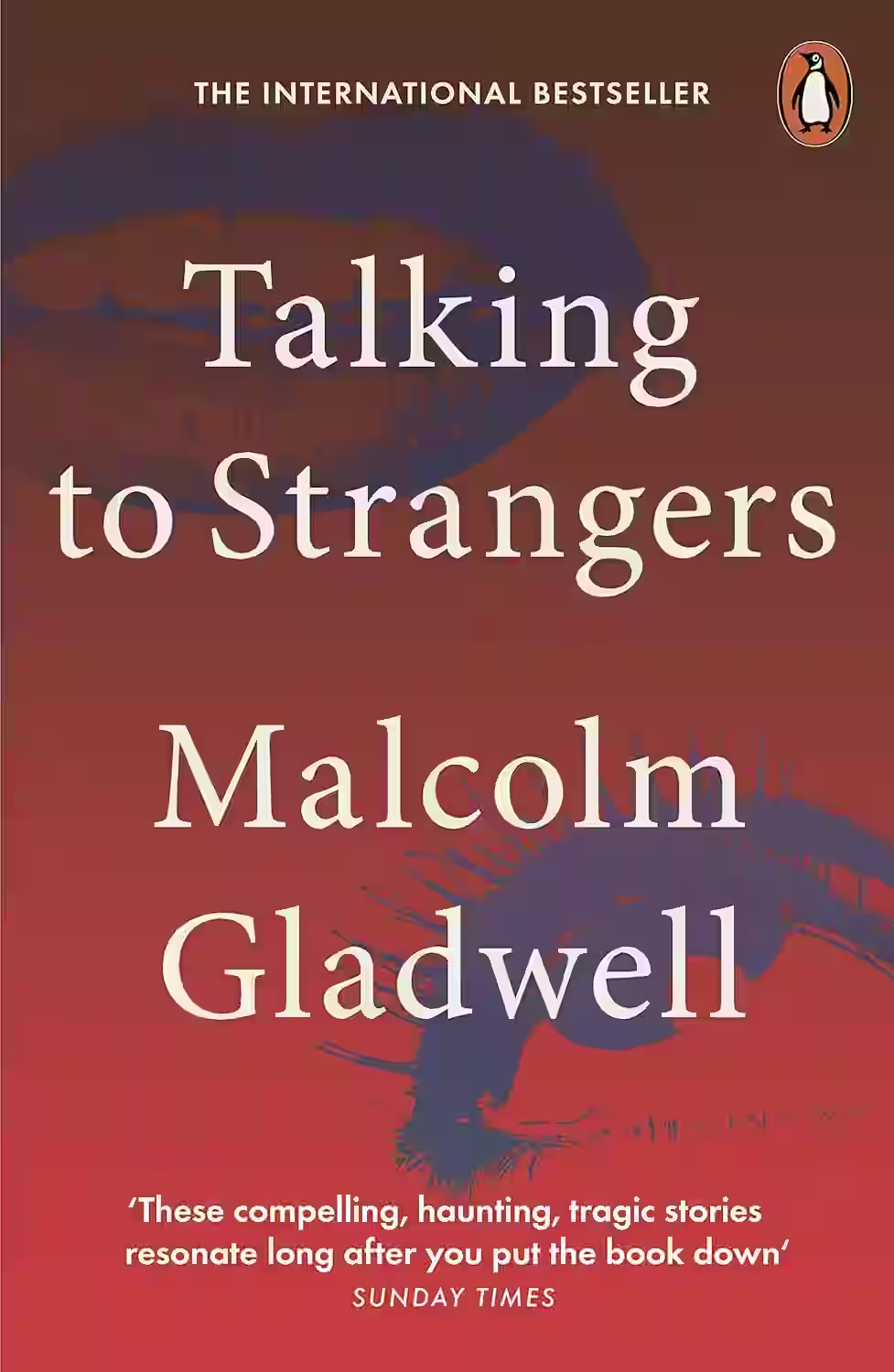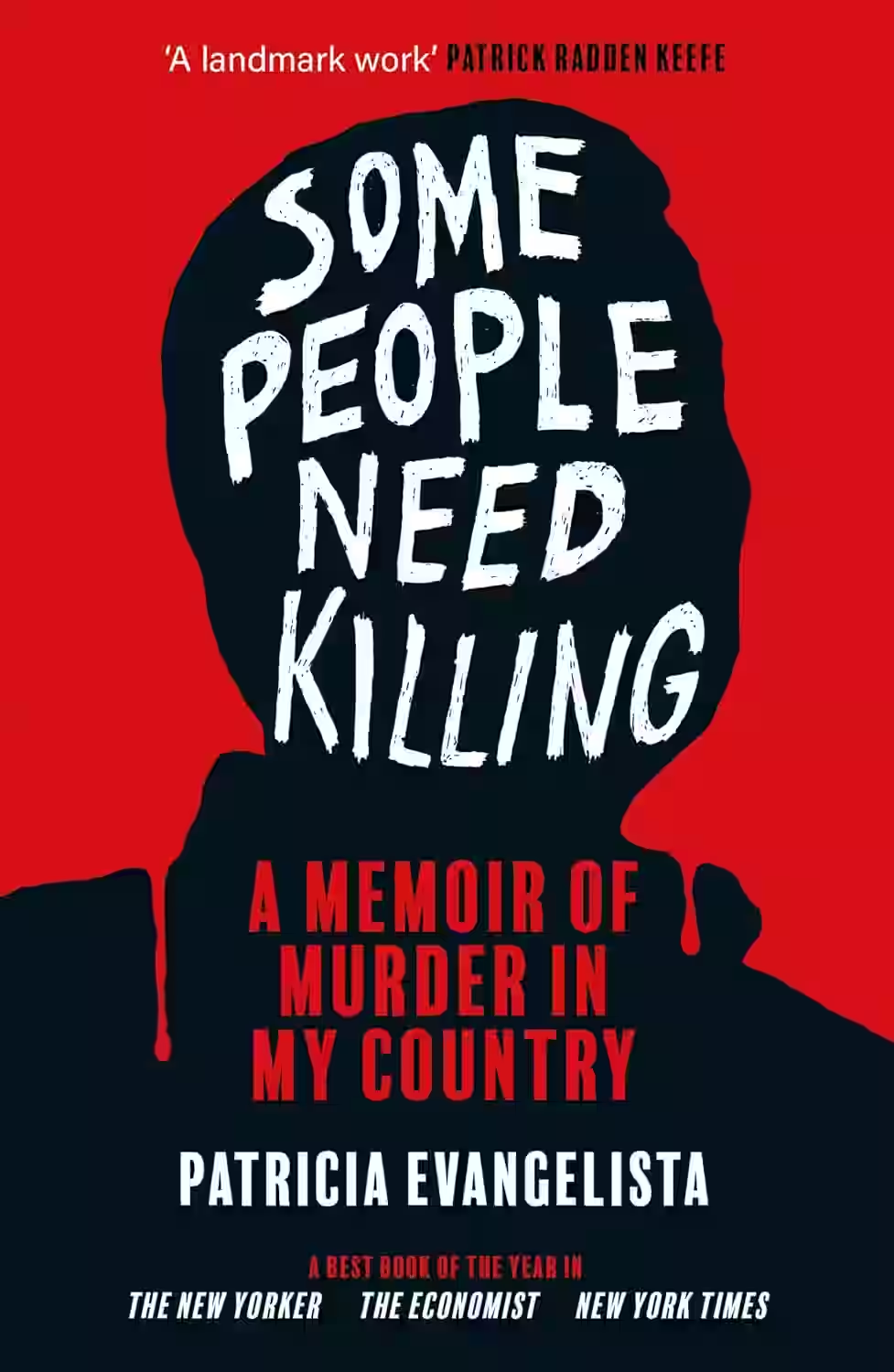
In 'Mindhunter: Inside the FBI's Elite Serial Crime Unit,' John E. Douglas takes readers on a gripping journey inside the minds of some of the most notorious serial killers. Through Douglas's experiences in the Behavioral Science Unit at the FBI, the book delves into the psychological profiles of criminals like Ted Bundy and Charles Manson, providing a chilling yet fascinating exploration of criminal behavior. Douglas's insights into criminal profiling and the development of the FBI's criminal investigative techniques make for a riveting read that offers a unique perspective on the world of law enforcement and psychology.
About John E. Douglas
John E. Douglas, born in 1945, is a renowned American author and former FBI agent. With a distinguished career in criminal profiling, Douglas has made significant contributions to the field of criminology. He is best known for his groundbreaking work in profiling serial killers, which has provided invaluable insights into the minds of criminals. Douglas has authored several influential books, including 'Mindhunter: Inside the FBI's Elite Serial Crime Unit,' co-written with Mark Olshaker. This book inspired a widely acclaimed Netflix series, bringing his work to a broader audience. His expertise and experience have not only shaped the world of law enforcement but have also left a lasting impact on literature and popular culture.
About Mark Olshaker
Mark Olshaker is an Emmy Award–winning documentary filmmaker, journalist, and bestselling author renowned for his collaborations with former FBI profiler John E. Douglas. Together, they co-authored Mindhunter: Inside the FBI’s Elite Serial Crime Unit, which inspired the acclaimed Netflix series Mindhunter . Their partnership has produced numerous influential works on criminal psychology, including The Anatomy of Motive and The Cases That Haunt Us . Beyond true crime, Olshaker has explored public health issues, notably co-authoring Deadliest Enemy with epidemiologist Michael Osterholm, addressing pandemic preparedness . His compelling storytelling bridges complex scientific topics and public understanding.
Similar Books

Your Money or Your Life
by Vicki Robin
In 'Your Money or Your Life' by Vicki Robin, readers are taken on a transformative journey towards financial independence and mindful living. The book challenges conventional beliefs about money, encouraging readers to reassess their relationship with finances and prioritize what truly matters in life. Through practical advice and thought-provoking exercises, Robin presents a step-by-step guide to achieving financial freedom and aligning spending habits with personal values. This seminal work resonates with readers due to its timeless wisdom and empowering message, making it a must-read for anyone seeking to gain control over their finances and live a more fulfilling life.

Talking to Strangers: What We Should Know about the People We Don't Know
In 'Talking to Strangers: What We Should Know about the People We Don't Know', Malcolm Gladwell delves into the complex dynamics of human interactions with strangers. Through a blend of psychology, sociology, and real-life anecdotes, Gladwell explores how our innate biases and misconceptions shape our understanding of unfamiliar individuals. He investigates infamous cases like the arrest of Sandra Bland and the betrayal of Bernie Madoff to illustrate the challenges of deciphering strangers' true intentions. This thought-provoking book challenges readers to reassess their assumptions and offers valuable insights into communication and trust in a modern society filled with unknown faces.

Some People Need Killing
In this harrowing and deeply reported memoir, journalist Patricia Evangelista documents Rodrigo Duterte’s brutal war on drugs in the Philippines. Drawing from years of firsthand reporting, Evangelista chronicles the violence, propaganda, and moral disintegration that defined a nation’s descent into authoritarianism. Through vivid narratives of victims, enforcers, and survivors, the book becomes a powerful indictment of state-sponsored killings and a meditation on fear, complicity, and resistance. Some People Need Killing is both a work of fearless journalism and a profoundly personal reckoning with truth and accountability in the face of terror.

12 Rules for Life
In 12 Rules for Life, clinical psychologist Jordan B. Peterson presents life principles aimed at navigating chaos with order and purpose. Drawing from psychology, mythology, religion, and personal anecdotes, he discusses topics like personal responsibility, discipline, truth-telling, and meaning. Each chapter focuses on a distinct rule—such as “Stand up straight with your shoulders back” or “Pet a cat when you encounter one on the street.” Provocative and deeply philosophical, the book encourages readers to confront suffering and create order in their lives.